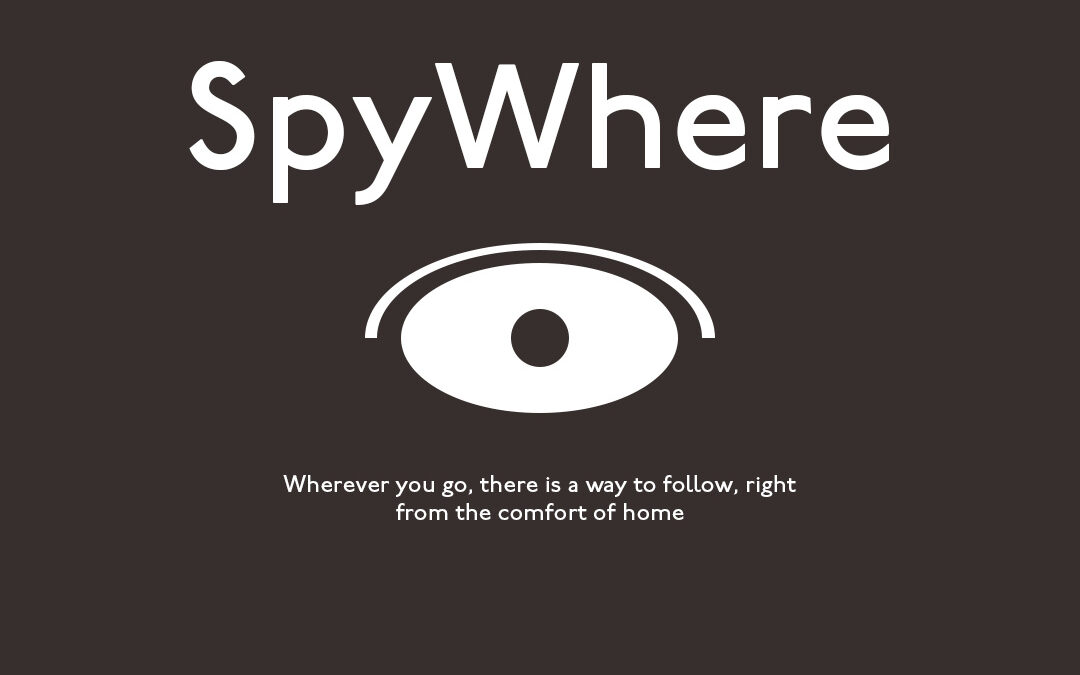For my project, I will be working on an interactive multimedia project that explores the different ways in which people allow themselves to be surveyed in order to convenience their own lives. Often people buy into products without thinking about the side-effects of them. In a world where everyone knows about how cookies track us on the internet and how Amazon owns personal security footage through Ring, all of these ideas seem seperated from each other. In reality, all of these technologies can (and it should be assumed will in the future) work together to comprise a complete picture of somebody’s life. In my piece, I am designing a user interface that combines many of these technologies into a convenient and intuitive way. The idea here is that on realising how detailed this process can be and how easy it can be made, the viewer experiences horror at the process and learns something about surveillance. Since I intend to use many consumer products as part of the interface, viewers who may be skeptical of one or two technologies mentioned might be newly informed about others. Alexa is obvious, but Roombas and Waze/CityMapper might be less so. The idea here is to make the audience afraid of introducing new technologies that can survey them into their own home and be more cautious about the ones they may already use. This interface will be set to run on top of various media recorded to form (hopefully) a consistent narrative. Even without a narrative, the idea of being surveyed is enough for me to consider the project a success, but I want the audience to think of moments they may have with their families and loved ones and think “Oh shit, someone can see that.” My first idea for a narrative was to have one member of a household disgruntled at the technologies used but struggling to tell other family members they are uncomfortable with them. The idea being that by having a character aware of the surveillance, I can show how much surveillance can be done even if one is actively trying to avoid it. GPS applications, grocery rewards cards, and listening devices other housemates may use are very difficult to avoid even if one tries. This narrative can also explore the social role of these surveillance devices. Housemates who are unaware and difficult to convince about the intrusion of these devices pose a serious threat to the interpersonal relationships with those around them, taking a modern spin on the trope that technology divides people. This particularly disadvantages subjects who might feel a need fir heightened privacy (religious folks, queer folks, and those suffering from substance addiction come to mind). Personally, I have seen many people shut out from talking to loved ones about their gender and sexuality only to have their relationships with their family absolutely torn apart without their families ever knowing what is going on. Issues like this are sometimes brushed off as irrelevant, easy to hide, or easier to tolerate than the consequences of conftontation. I feel that this can be made even worse by surveillance as consumption is inherently personal. It is very hard to complain to someone that they choose a ‘techy’ lifestyle when weighed against the severe lack of stigma against these technologies. There is some argument to be made but since people are often unaware of the scope of this surveillance, it is often seen as a mild inconvenience. I hope that through my piece I can open up these sorts of discussions by explicitly making them in the narrative and also by form of the piece itself (making these issues more relevant). I want people to walk away from my piece able to bring it up in arguments to prompt serious discussions of these issues and give them an anecdote to point to when illustrating how bad technology has become.

